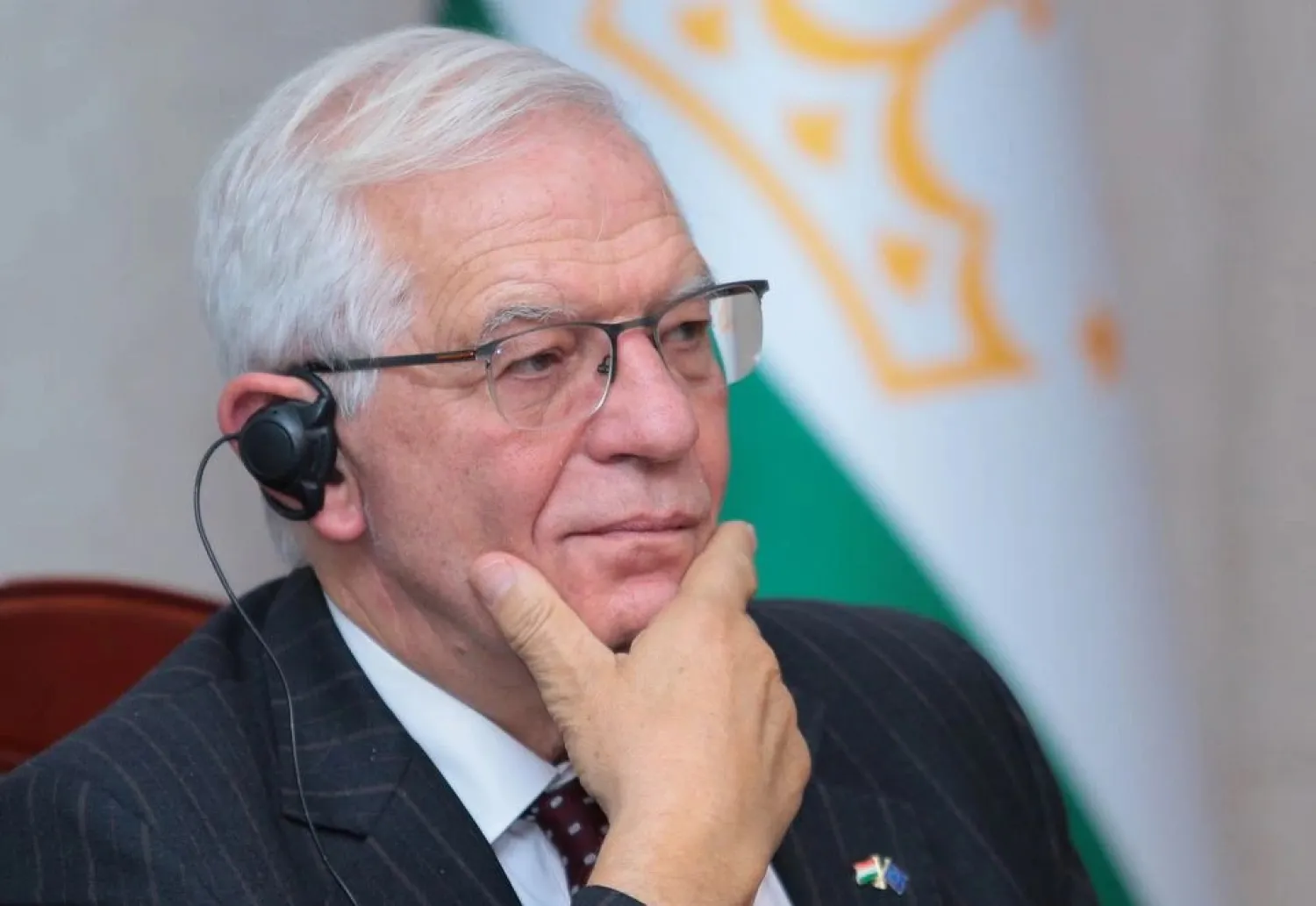The European Union's top diplomat on Monday urged Afghanistan's northern neighbors to help prevent what he described as the abuse of migrants for political goals by the Belarusian authorities.
The EU also presented to the former Soviet republics its 1 billion euro plan to support both Afghanistan and its neighbors in areas from basic humanitarian help to migration management.
The EU accuses Belarus of flying in thousands of people from the Middle East and pushing them to cross into the bloc via Poland, Lithuania and Latvia in retaliation for EU sanctions imposed on Minsk over President Alexander Lukashenko's crushing of protests against his disputed re-election last year.
EU foreign policy chief Josep Borrell and Commissioner for International Partnerships Jutta Urpilainen met foreign ministers of Kazakhstan, Kyrgyzstan, Tajikistan and Uzbekistan as well as Turkmenistan's deputy foreign minister in the Tajik capital, Dushanbe.
"I updated ministers on the situation on the borders of the European Union with Belarus and I've requested their support in preventing this instrumentalization of human beings at the risk of their life: cheating people, convincing them that there is a way to Europe through a flight to Minsk," EU foreign policy chief Josep Borrell told a briefing after the meeting.
Speaking at the same briefing, Urpilainen said she had presented to the former Soviet republics the EU's 1 billion euro Afghan support package, almost half of which is in fact earmarked for neighboring countries.
She did not say, however, whether Brussels expected them to host any refugees in return - something that local governments have so far expressed little willingness to do.
In a joint communique, participants acknowledged a need to boost cooperation on preventing irregular movements of people and countering migrant smuggling, and said they looked forward to intensifying EU-Central Asia cooperation in managing borders.









